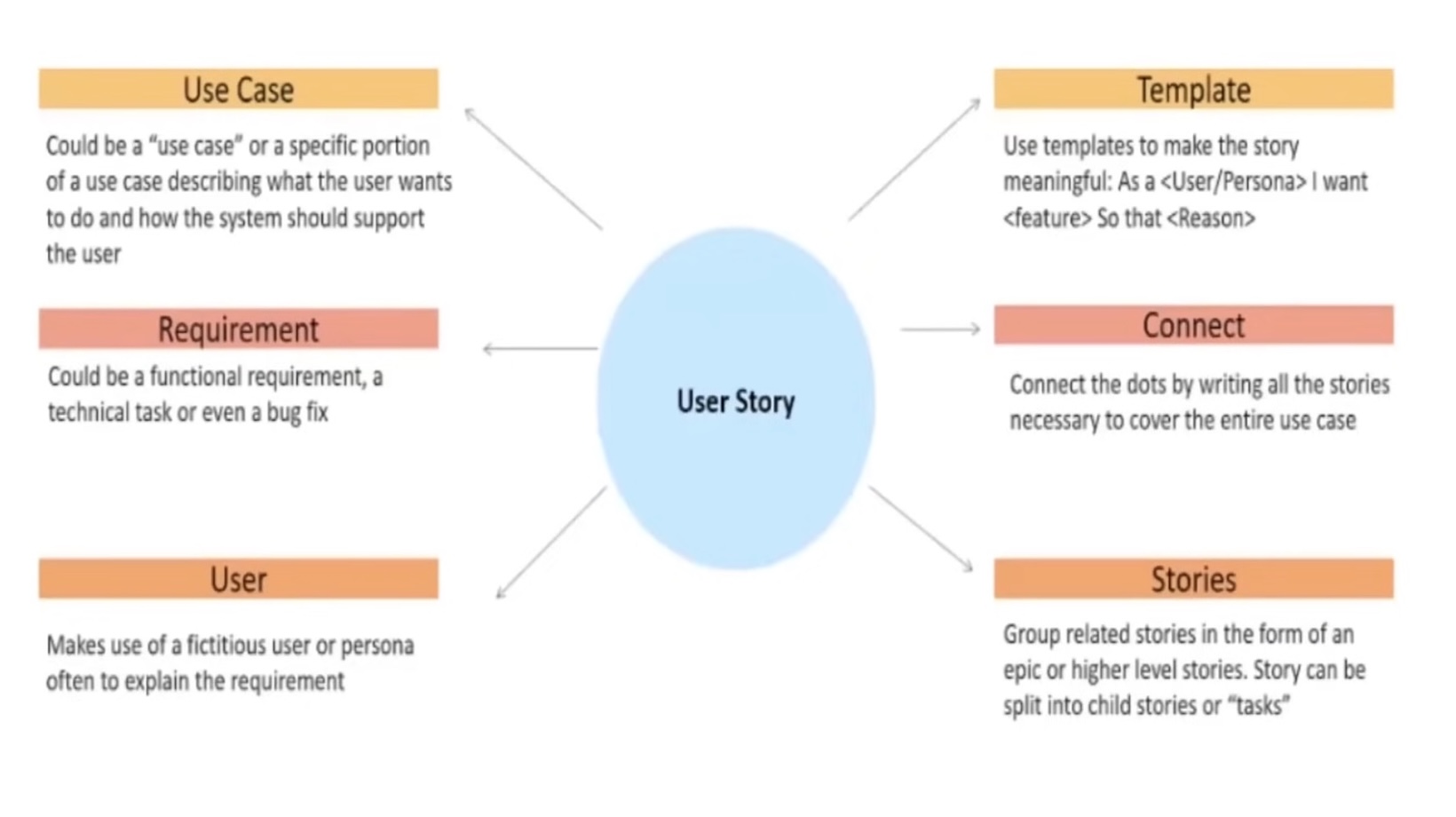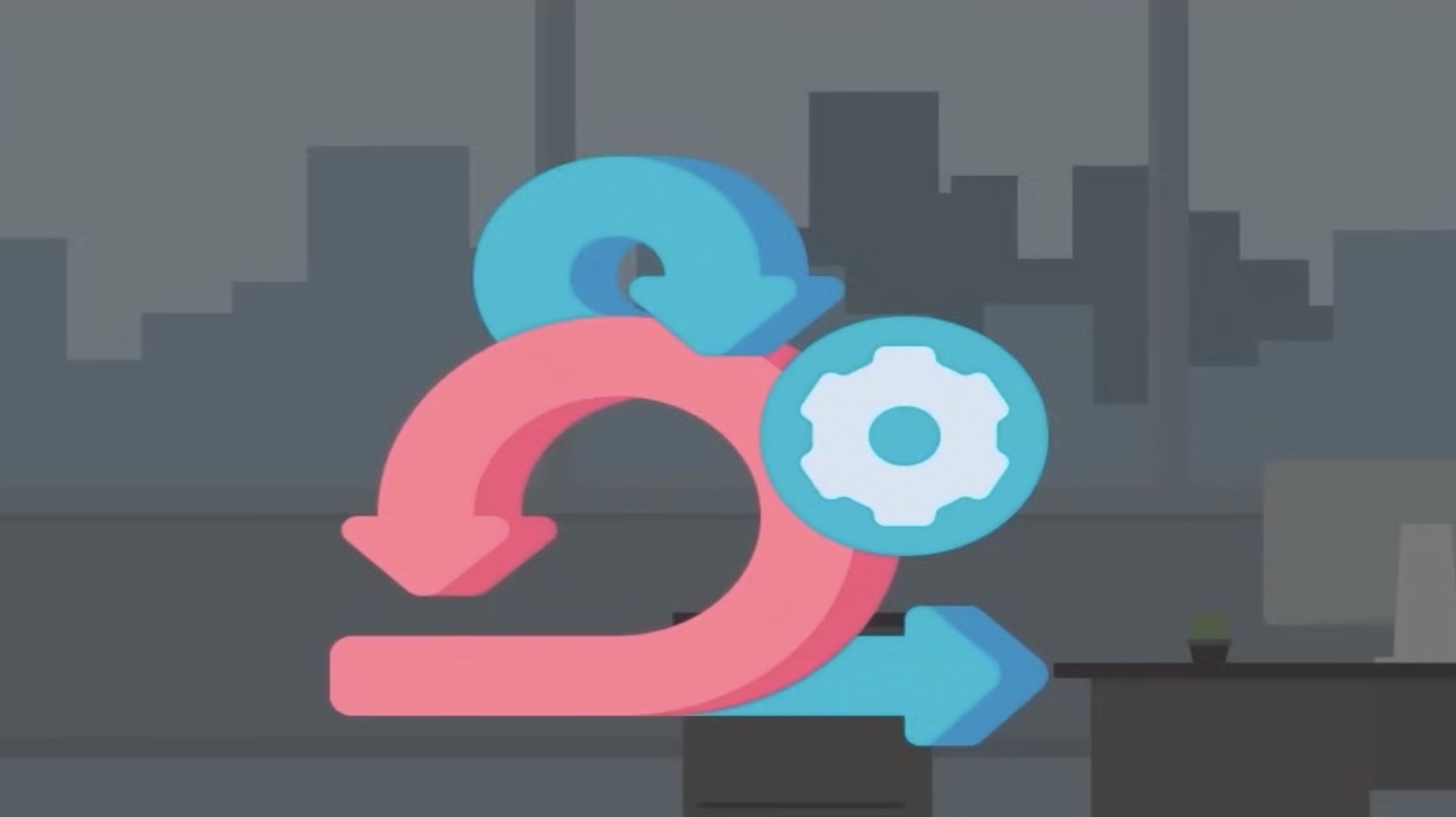Table of Contents
What is a Certified Scrum Master?
As we navigate the ever-evolving terrain of project management, the Scrum framework emerges as an indispensable tool for agile operations. Central to this framework is the role of the Certified Scrum Master (CSM). We’re here to demystify what it means to be a CSM and why this qualification is imperative in today’s dynamic work environment.
Simply put, a Certified Scrum Master is a facilitator and leader within the Scrum framework. Having passed the CSM exam, they possess deep knowledge of Scrum’s principles and practices. They alleviate obstacles, foster a collaborative environment, and ensure all team members are one step closer to project goals. They truly are the backbone of an effective Scrum team.
The CSM certification gives validation to a person’s expertise and dedication to continuous learning within the field of Scrum. It is recognized throughout the global industry and it can open doors to new opportunities and professional growth.
First, becoming a CSM doesn’t happen overnight. It requires a combination of training, experience, and a commitment to mastering the Scrum framework. With this in mind, let’s delve deeper into the journey of achieving the CSM status, from the comprehensive training process involved, the real-world experience needed, and the passing of the CSM exam.
We want you to be equipped with knowledge and confidence that can help sharpen your competitive edge in the agile world and beyond. Let’s look at:
- CSM Training Process
- Real-world Experience
- Taking and passing the CSM Exam

Certified Scrum Master Exam Questions and Answers PDF
Understanding the Certified Scrum Master (CSM) exam’s structure and format is vital. By knowing what to expect, you can organize your studies more effectively and optimize your preparation time. Let’s dive deeper into the exam’s format and structure.
Understanding the Exam Format and Structure
The CSM exam consists of multiple-choice questions testing knowledge of Scrum principles and practices. A passing score is 69%, and there are 50 questions, meaning you need to answer at least 35 questions correctly.
The CSM exam covers topic areas, including:
- Scrum & Agile Principles
- Roles and Responsibilities
- Scrum Events
- Scrum Artifacts
- Scaling Scrum
A profound understanding of these subjects is necessary to pass the exam successfully. It’s also essential to have a practical knowledge of these topics as you progress in your career as a Certified Scrum Master.
Tips for Effective Exam Preparation
To increase your chances of passing the CSM exam on your first try, there are particular strategies and methods that prove helpful. Here are some tips:
- Know the Scrum Guide Inside and Out: The Scrum Guide, written by the founders of Scrum, is the definitive source on Scrum principles, roles, events, and artifacts. Be sure to spend time analyzing and understanding all aspects of the Scrum guide thoroughly.
- Take Practice Exams: Practice exams can help familiarize you with the question formats and time pressures you’ll face in the real exam. They’re a great way to gauge where you stand, identify knowledge gaps, so you know exactly where to focus your revision.
- Learn from Real-life Scenarios: Real-world experience is a critical component of the Scrum Master’s role. Seek case studies and examples that illustrate how Scrum principles and practices are applied in actual project settings.
Applying Scrum Knowledge to Answer Questions
Lastly, there’s no substitute for deeply ingrained knowledge of Scrum practices in answering the CSM exam questions.
- Use your practical Scrum framework experience and knowledge to answer scenario-based questions.
- Keep the Scrum Guide’s objectives and guidelines clear in your mind.
Since our aim is to apply the Scrum Master’s role and responsibilities effectively in real-life situations, we should be able to relate the exam questions to practical scenarios. Your experience and trained intuition will often guide you toward the right answer. So, don’t just rely on theoretical knowledge, always think about how it applies in the real world!
Your mastery of the subject matter combined with our strategies can be the winning formula for your success. Here’s to your journey towards becoming a Certified Scrum Master. We’re confident you’ll ace the exam!
Brian, the dedicated Editor and Education Enthusiast at Faspe, is a dynamic force breathing life into the realm of education. Grounded in pedagogical expertise and fueled by boundless passion, Brian enriches the team with extensive experience, curating resources that inspire educators and students alike. His unshakable faith in the transformative power of education propels individuals to reach for the stars on their educational journey.






